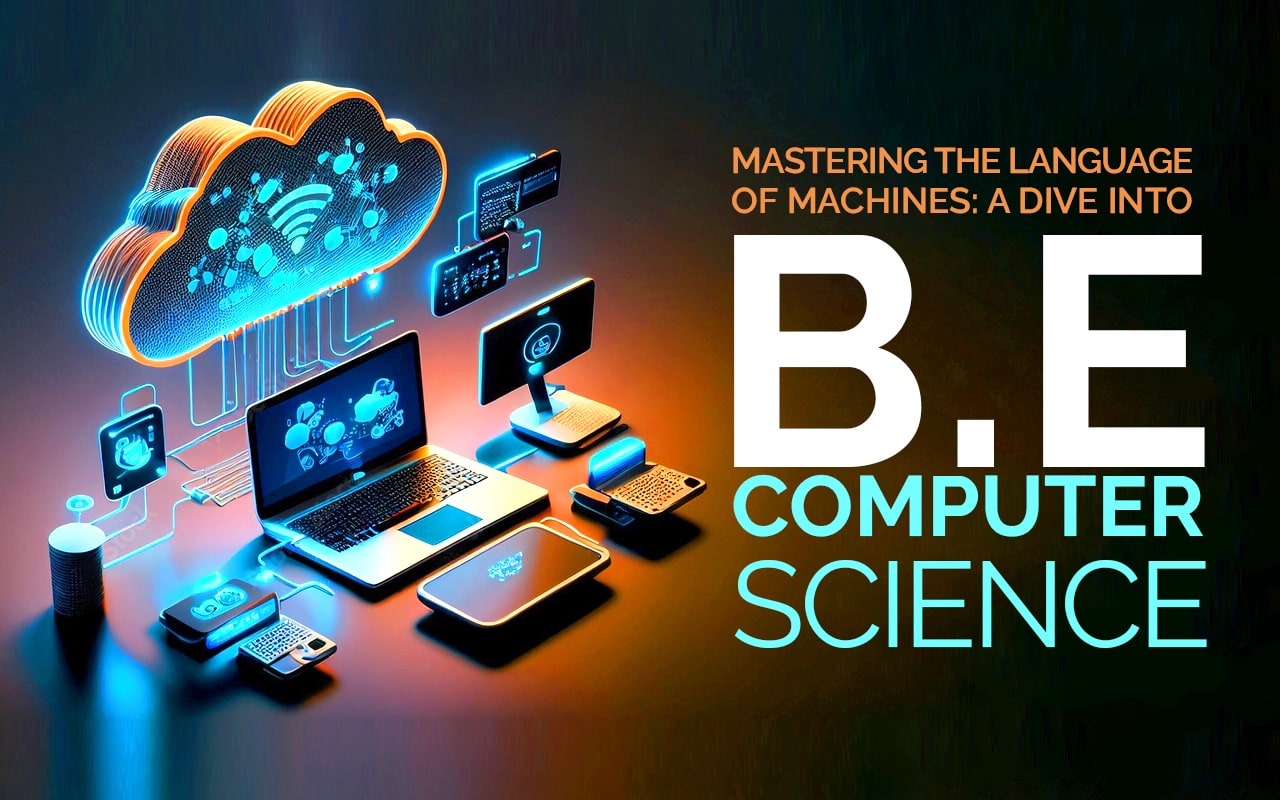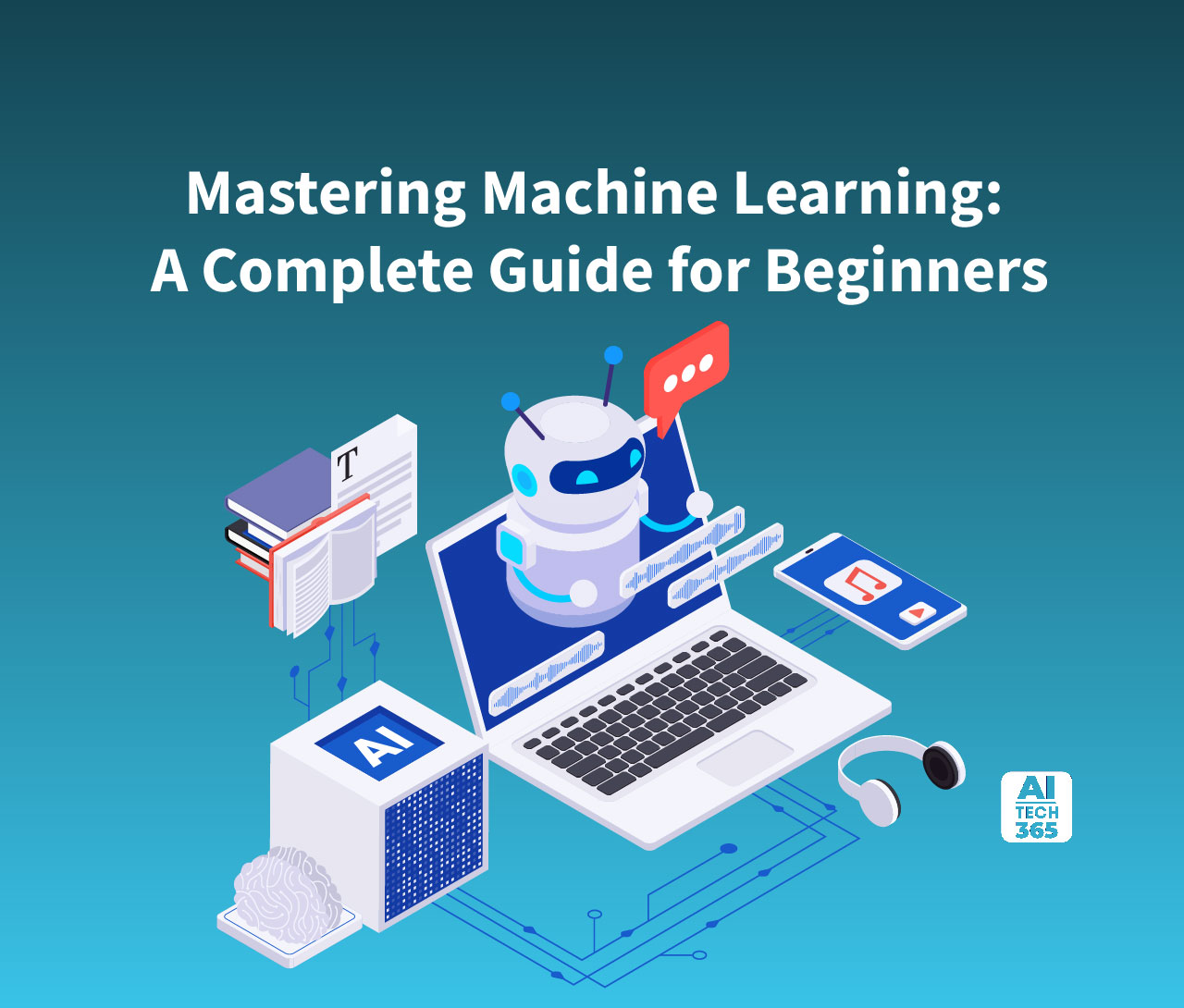Tech Insights: Mastering Machines & Navigating Search Fails [Guide]
Ever felt like your software is stuck in the Stone Age? It's time to break free from clunky, unresponsive applications and embrace the future of seamless, real-time user experiences. The world is rapidly moving towards a paradigm where interaction feels instantaneous, and understanding how to achieve this is no longer a luxury, but a necessity.
The digital landscape is constantly evolving, and the demand for intuitive, high-performance software is higher than ever. In September 2024, Techidemics.com, a platform dedicated to mastering the language of machines, found itself navigating this complex terrain. While its global ranking stood at #5297786, the platform's mission to equip developers with the skills to create cutting-edge applications remained steadfast. This exploration delves into the multifaceted world of programming, revealing the strategies and tools that empower developers to stay ahead in a rapidly changing technological environment.
| Attribute | Value |
|---|---|
| Website Name | Techidemics |
| Description | A platform dedicated to mastering the language of machines, offering articles, guides, reviews, and resources across a wide range of tech topics. |
| Global Rank (September 2024) | #5297786 |
| Creator | Kyle |
| Mission | To create resources that help developers stay ahead in a rapidly changing technological environment. |
| Core Focus | Programming languages, frameworks, and strategies for building intuitive, high-performance software. |
| Key Areas Covered | Data science, web development, software engineering, cloud computing, and AI/ML. |
| Unique Selling Point | Focus on actionable insights and practical guidance for mastering complex technical concepts. |
| Reference Website | Example Tech Website |
Imagine the possibilities: Software that anticipates user needs, responds in real-time, and delivers an unparalleled level of engagement. This is the promise of modern programming, where techniques like logic programming and real-time interaction are transforming the way applications are built. It's a paradigm shift driven by the need for software that's not just functional, but also intuitive, responsive, and deeply immersive.
- Fix No Results Found Check Spelling Amp Try Again
- Remembering Melanie Olmstead A Yellowstone Tribute Legacy
One of the key areas driving this transformation is the rise of cloud computing. Programming is increasingly intertwined with cloud technologies, offering developers unprecedented scalability, flexibility, and access to powerful tools. However, this also means that developers need to constantly update their skills and strategies to keep pace with the ever-accelerating rate of technological advancement. From mastering new languages and frameworks to understanding the intricacies of cloud-based development, the learning curve is steep, but the rewards are immense.
The journey towards mastering the language of machines begins with a solid foundation in programming fundamentals. Languages like Python, JavaScript, and others have become indispensable tools for developers across a wide range of fields, including data science, web development, and software engineering. These languages offer the versatility and power needed to tackle complex challenges, from building sophisticated algorithms to creating interactive web applications. Furthermore, the rise of coding bootcamps and online resources has made it easier than ever for aspiring developers to acquire the skills they need to succeed.
However, simply knowing a programming language is not enough. To truly master the language of machines, developers must also understand the underlying principles of computer science, including data structures, algorithms, and software design patterns. This knowledge provides a framework for building robust, scalable, and maintainable software. Moreover, it enables developers to think critically about the problems they are trying to solve and to choose the right tools and techniques for the job.
- Aditi Mistry Why No Results The Truth What You Can Find
- Aditi Mistry Video Search What You Need To Know 2024
In the realm of audio engineering, mastering the mix is an art form that requires precision and a deep understanding of sound. Just as programmers strive to optimize code, audio engineers seek to refine and enhance sound recordings. Tools like plugins that analyze audio and provide actionable insights are invaluable for tackling mixing challenges and achieving a polished, professional sound. This intersection of technology and creativity highlights the power of software to transform various fields and empower professionals to achieve their goals.
The landscape of online gaming provides another compelling example of how technology is revolutionizing user experiences. Web slot games, once characterized by simple graphics and limited features, have evolved into dynamic, immersive, and engaging experiences for players. This transformation has been driven by advancements in graphics, sound, and interactive design, all of which are made possible by the power of modern programming. As a result, online gaming has become a major force in the entertainment industry, attracting millions of players worldwide.
One concept that has been making waves in computer science is logic programming. If you've ever wondered how to make your code smarter, more efficient, and easier to debug, then logic programming might be the answer. It's a programming paradigm that focuses on defining relationships between data and using logical inference to solve problems. By expressing problems in terms of logic, developers can create code that is more concise, easier to understand, and less prone to errors. Logic programming is particularly well-suited for applications such as artificial intelligence, expert systems, and knowledge representation.
In the language of machines, Robert Floyd and Richard Beigel have revolutionized the teaching of computability and languages. They propose nothing less than a redefinition of the building blocks of automata theory, offering a unified model of computation that clarifies the subject as never before. This approach provides a more intuitive and accessible way to understand the fundamental principles of computation, making it easier for students and researchers to grasp complex concepts.
Artificial intelligence (AI), machine learning (ML), and cryptocurrencies/NFTs are key to many platforms and tools we can design. These technologies are transforming industries ranging from finance to healthcare to entertainment. By mastering the principles of AI and ML, developers can create intelligent systems that automate tasks, make predictions, and provide personalized experiences. Similarly, understanding the intricacies of cryptocurrencies and NFTs is essential for building innovative applications in the blockchain space. The possibilities are endless, and the potential for disruption is immense.
Hundreds of popular programming languages and frameworks exist, serving diverse functions. Choosing the right languages involves analyzing the task and environment to determine the best technical fit. Each language has its own strengths and weaknesses, and the choice depends on factors such as performance requirements, development speed, and the availability of libraries and tools. For example, Python is often used for data science and machine learning, while JavaScript is the dominant language for web development. By carefully considering these factors, developers can make informed decisions that lead to successful projects.
Here is a breakdown of some of the most common languages and frameworks used in key computer science application domains today:
| Application Domain | Programming Languages/Frameworks | Description |
|---|---|---|
| Web Development | JavaScript (React, Angular, Vue.js), HTML, CSS, Node.js, Python (Django, Flask), Ruby on Rails | Building interactive and dynamic web applications. JavaScript frameworks provide structure and reusability, while backend languages like Python and Ruby handle server-side logic and data management. |
| Data Science/Machine Learning | Python (NumPy, Pandas, Scikit-learn, TensorFlow, PyTorch), R | Analyzing large datasets, building machine learning models, and extracting insights. Python and R offer powerful libraries and tools for data manipulation, statistical analysis, and model training. |
| Mobile App Development | Swift (iOS), Kotlin (Android), React Native, Flutter | Creating native and cross-platform mobile applications. Swift and Kotlin are the primary languages for iOS and Android development, respectively, while React Native and Flutter allow developers to write code once and deploy it on multiple platforms. |
| Game Development | C++, C#, Unity, Unreal Engine | Building video games for various platforms. C++ and C# are the dominant languages for game development, while Unity and Unreal Engine provide powerful tools for creating graphics, physics, and gameplay mechanics. |
| Cloud Computing | Java, Python, Go, AWS SDK, Azure SDK, Google Cloud SDK | Developing and deploying applications on cloud platforms. Java, Python, and Go are popular languages for building cloud-native applications, while the cloud SDKs provide tools for interacting with cloud services such as storage, compute, and databases. |
| Embedded Systems | C, C++, Assembly | Programming microcontrollers and embedded devices. C and C++ are the primary languages for embedded systems development, while Assembly language is used for low-level programming and optimization. |
| Blockchain Development | Solidity, JavaScript, Python | Developing decentralized applications (dApps) and smart contracts on blockchain platforms. Solidity is the primary language for writing smart contracts on Ethereum, while JavaScript and Python are used for building dApps and interacting with blockchain APIs. |
Ultimately, mastering the language of machines is an ongoing journey of learning, experimentation, and adaptation. As technology continues to evolve at an ever-increasing pace, developers must be prepared to embrace new challenges and opportunities. By staying informed, honing their skills, and collaborating with others, they can unlock the full potential of software and create innovative solutions that transform the world.
In conclusion, the pursuit of mastering the language of machines is not merely about learning programming languages; it's about understanding the underlying principles of computation, embracing new technologies, and developing the skills to solve complex problems. It's a journey that requires dedication, perseverance, and a willingness to learn from others. But for those who are willing to embrace the challenge, the rewards are immense: the ability to create innovative solutions, shape the future of technology, and make a positive impact on the world.
Article Recommendations
- Slingshot Ride Fails Fun Watch The Wildest Nsfw Moments
- Aditi Mistry What You Searched More Explore Now



Detail Author:
- Name : Loyal Boyer
- Username : christian24
- Email : marquardt.paige@gmail.com
- Birthdate : 1982-01-18
- Address : 6730 Luigi Key Suite 704 Hegmannhaven, MS 97022-8360
- Phone : +15207610734
- Company : Daugherty-Gibson
- Job : Carpet Installer
- Bio : Neque ea iure nihil doloremque. Qui est veniam voluptas numquam debitis. Voluptatem veritatis velit suscipit quod at molestiae ullam.
Socials
twitter:
- url : https://twitter.com/reba.corkery
- username : reba.corkery
- bio : Aut sit voluptas enim quisquam quidem excepturi. Laborum vitae enim aut cupiditate. Aut et corrupti ut reiciendis. Tempora nisi ut qui.
- followers : 2461
- following : 1020
tiktok:
- url : https://tiktok.com/@reba_corkery
- username : reba_corkery
- bio : Aliquam nihil exercitationem harum aut reiciendis velit qui.
- followers : 691
- following : 825
facebook:
- url : https://facebook.com/reba.corkery
- username : reba.corkery
- bio : Totam accusantium natus vel ipsam tempore. Molestias et quidem dolores ut et a.
- followers : 4930
- following : 1915
linkedin:
- url : https://linkedin.com/in/reba_corkery
- username : reba_corkery
- bio : Est provident mollitia eligendi error est.
- followers : 2597
- following : 2797
instagram:
- url : https://instagram.com/reba.corkery
- username : reba.corkery
- bio : Omnis reiciendis nesciunt quis. Aut aspernatur est non aut. Repellat alias et blanditiis.
- followers : 3181
- following : 1651